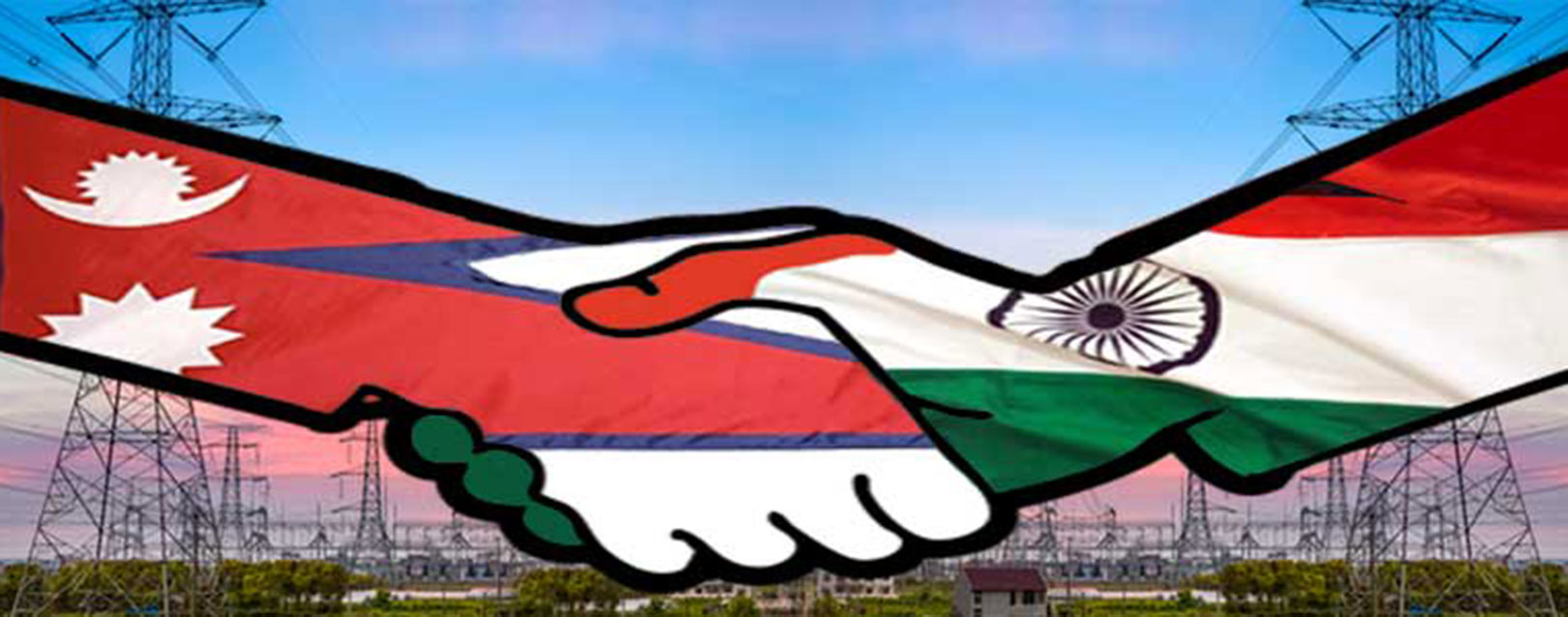
When Friends Change
Nepal has once again shaken the bedrock of the special and privileged relations that it shares with India. The Himalayan nation has signed 10 agreements – including the much talked about and strategically important transit trade treaty – with its giant eastern neighbour China, which, if critics are to be believed, is the beginning of the end of the Indian monopoly in Nepal.
The two countries have agreed to build a strategic rail link through the Himalayas (of course, Tibet!) to reduce the landlocked nation’s dependence on India. [Nepal not only relies on India for 65-70% of its imports, but is also totally dependent on Indian ports for third-country trade through sea]. Plus they have also cemented their ties by signing a memorandum of understanding (MoU) on a feasibility study on a free trade area (FTA). Infrastructure development, cooperation on energy, trade diversification, tourism, finance and education were some other areas of agreement. All in all, it’s a geo-economic game-changer!
But then, there’s nothing wrong in it? This was bound to happen considering the way India had been dealing with its smaller neighbour for quite some time now. Remember, how a few months ago the Indian-origin Madhesis (who were not happy with Nepal’s new constitution) had blocked the country’s trade-routes with India, bringing normal life to a grinding halt. And now recall how did New Delhi react to it! Well, this wasn’t the first time. India, for better or worse, has always tried to play the role of a big brother (or in plain words of a strong political influencer) to Nepal.
This is now not only not going well with the elected government at Kathmandu, but also the country’s youth, who blame India for polarising its populace. Result: The country is now looking at the other side of the Himalayas to balance the geopolitical calculus in the Himalayas. In fact, India even runs the risk of being perceived as a supporter of reactionary groups in Nepal if it doesn’t rethink her relationship with Kathmandu really soon.
So, if looked upon from Nepal’s point of view, its latest accords with China make great sense. They not only provide the Land of the Himalayas an alternate route to greater economic prosperity, but also turn it into a more confident nation when it comes to negotiating with India and also dealing with its internal matters. In fact, it had all begun last year, when, for the first time ever, Nepal entered into an accord with China for importing petrol and gas. It was an indication that Kathmandu has started looking at Beijing to decrease its reliance on New Delhi.
It’s worth noting that Nepal shares about 1,236-km border with China and the latter is really keen on strengthening its diplomatic ties with Kathmandu. Not to forget, it’s already Nepal’s second-biggest trade partner and one of the biggest source of foreign direct investment into the country. Considering this and the growing proximity of the Dragon with India’s other neighbours, improving (rather reviving), the Nepal-India relationship should be really high up in the foreign ministry’s scheme of things. Remember, a country can’t choose its neighbours, but it can definitely choose its friends!
Ignore Nepal and India may have one friend less. Or it may have one more low cost ‘exporting’ competitor by 2025. The second reason will perhaps get New Delhi thinking harder.

